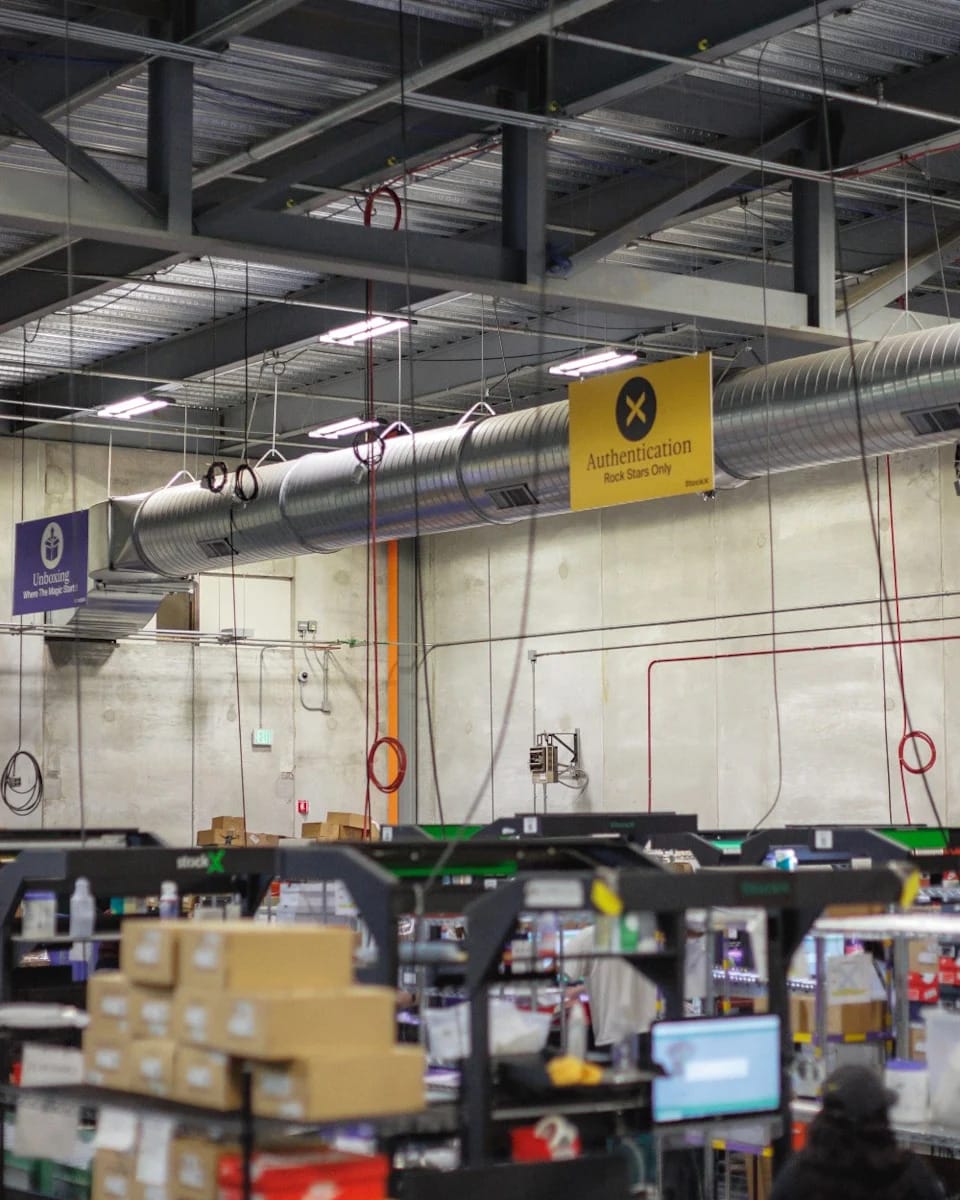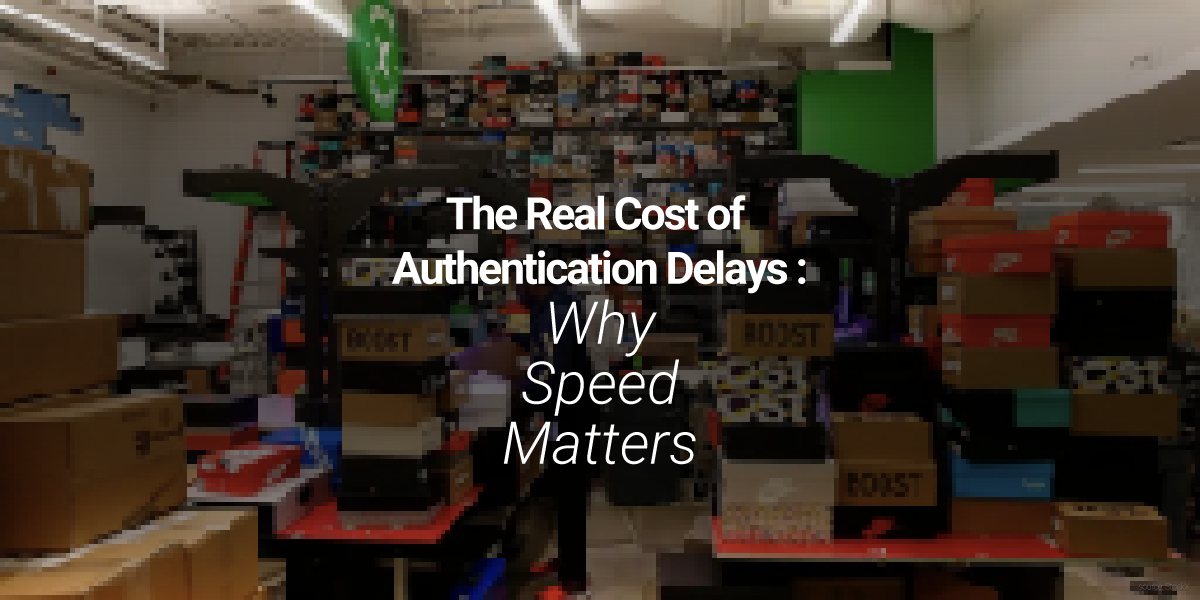The casual players are gone and now the sneaker resale market has changed drastically due to delays. What's left is a professionalized industry where only veterans and tech-savvy operators survive. Current market conditions forced resellers to completely rethink their business models.
The Volume Play
A few years ago, resellers could buy Dunks for $150 and flip them for $300-400 easily. Those days ended. Now resellers need sophisticated operations to survive—leasing warehouse spaces, hiring staff, implementing inventory management systems.
Modern resellers operate warehouses tracking hundreds of items across multiple authentication stages. They hire teams. They treat it like a real business because margins demand it. The industry professionalized because it had to.

Speed Over Everything
There's still profit in sneaker resale, but only if you can move inventory quickly. Buyers want shoes at or near retail pricing. Wait too long and the window closes. Volume resellers can't afford StockX's authentication timeline. When you need to flip 100 pairs to make $1,000, every day of delay cuts into already-thin margins.
Smart resellers moved to channels with faster settlement times and found ways to accelerate transactions outside traditional platform constraints.
The Diversification Strategy
When sneaker margins collapsed, resellers expanded beyond footwear. Pop Mart's Labubus toys, gaming consoles, streetwear accessories—anything with sell-out potential and collector demand entered the mix. Resellers pivot constantly because single-category operations can't generate the volume needed.
Authentication delays make this harder. Each category requires different verification processes and timelines. Resellers managing sneakers, toys, electronics, and streetwear face authentication bottlenecks across every product line.
The Operational Nightmare
Modern resale requires tracking inventory across multiple platforms, each with different authentication timelines. StockX takes 7-12 days. eBay has its own process. GOAT has different standards. Cross-platform authentication failures add another layer—items authenticated on one platform sometimes fail verification on another.
Volume resellers need warehouse space for items in various authentication stages, systems tracking where each item sits in verification queues, and enough capital to keep buying while previous sales remain locked up. It's an operational nightmare that authentication delays created.


